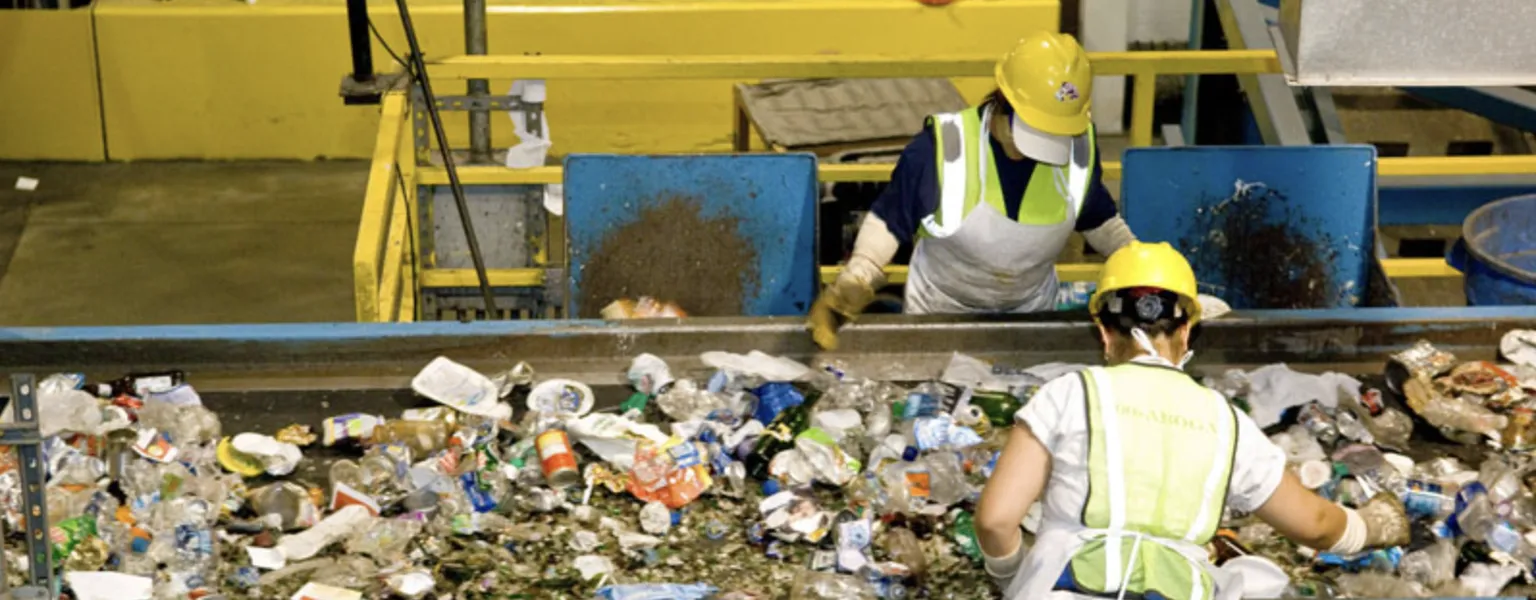Valpack reviews Malta’s single-use plastic ban

Supplier News
By Lucy Dolan, International Account Manager
Why is it important for Malta to introduce a Single Use Plastics (SUP) ban?
Malta is an island surrounded by water in the Mediterranean Sea making it highly prone to marine pollution, especially single-use plastics. Microplastics are detrimentally affecting marine life on beaches and oceans.
What is the Maltese regulation and how will it help?
The Maltese Government is placing restrictions on the placement of Single-Use Plastic Products on the market under the EU SUP Directive (Directive 2019/904).
This directive will move Malta towards a more circular economy, by focusing on a cultural and behavioural shift away from the use of single-use plastic products. It will set a path towards a plastic-free environment in Malta.
What single-use plastics have been banned within Malta?
- Plastic carrier bags
- Products made from oxo-biodegradable plastics
- Tobacco product filters
- Lollipop sticks
- Cotton buds
- Straws
- Plastic cutlery
- Food, cup, and beverage containers (made of expanded polystyrene)
- And many more
Each of the single-use plastics being banned in Malta will have sustainable objectives and measures proposed for stakeholders and members of the public encouraging them to cooperate. For example, the banning of plastic carrier bags will have a focus on supermarkets, retailers, importers and manufacturers, promoting sustainable and more cost-effective alternatives such as textile or paper carrier bags. Consumers will also be incentivised to take their own shopping bags promoting responsible consumer behaviour.
Who will be affected?
The list of those affected by the single-use plastic ban in Malta is extensive, and affects the whole supply chain, from supermarkets, importers, Governments, and manufacturers to the consumer themselves.
How can success of a SUP ban be determined in Malta?
The success of this strategy relies on the cooperation of all stakeholders, they must play their part for this SUP ban to be successful. The main goal is for plastic to not reach its end-of-life status when it is only on its first rotation in the market. This strategy will be reviewed periodically and updated accordingly. Various levels of monetary fines are being introduced for those who abandon, dump, or dispose of waste in streets and public places or areas. The penalty varies depending on the amount of litter, type of litter, and location (e.g., public beach, immediate vicinity of a public school).
Valpak International Compliance Service
If your business is affected by environmental legislation overseas, Valpak will remove the administrative and resource-intensive burden of complying and has a range of services that can be tailored to suit your business's needs.
This article was originally published by Valpak.





